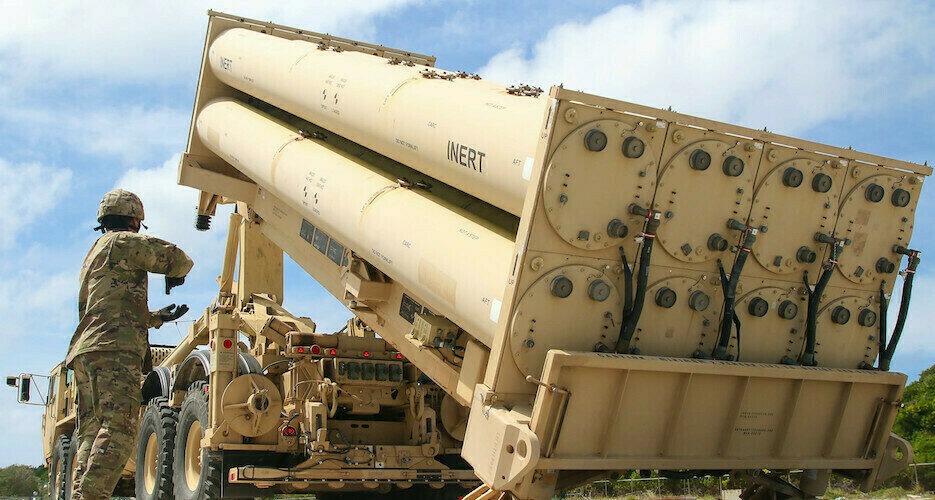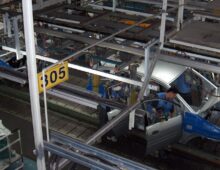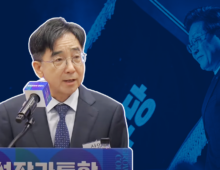Seoul again finds itself caught between Beijing and Washington as it looks for defenses against North Korean threats
A very public back and forth between South Korea and China over the deployment of an American missile defense system erupted this week, sowing the seeds for another dramatic fallout between Seoul and Beijing.
On Wednesday, Chinese foreign ministry spokesperson Zhao Lijian urged South Korea to stick to the previous government’s promise in 2017 not to deploy any more U.S. Terminal High Altitude Area Defense (THAAD) missile interceptor systems. At the time, Beijing complained that THAAD’s radar system could be used to track the movement of China’s missile forces, even though the deployment came in response to North Korean missile threats.
A very public back and forth between South Korea and China over the deployment of an American missile defense system erupted this week, sowing the seeds for another dramatic fallout between Seoul and Beijing.
On Wednesday, Chinese foreign ministry spokesperson Zhao Lijian urged South Korea to stick to the previous government’s promise in 2017 not to deploy any more U.S. Terminal High Altitude Area Defense (THAAD) missile interceptor systems. At the time, Beijing complained that THAAD’s radar system could be used to track the movement of China’s missile forces, even though the deployment came in response to North Korean missile threats.
Get your
KoreaPro
subscription today!
Unlock article access by becoming a KOREA PRO member today!
Unlock your access
to all our features.
Standard Annual plan includes:
-
Receive full archive access, full suite of newsletter products
-
Month in Review via email and the KOREA PRO website
-
Exclusive invites and priority access to member events
-
One year of access to NK News and NK News podcast
There are three plans available:
Lite, Standard and
Premium.
Explore which would be
the best one for you.
Explore membership options
© Korea Risk Group. All rights reserved.
No part of this content may be reproduced, distributed, or used for
commercial purposes without prior written permission from Korea Risk
Group.












